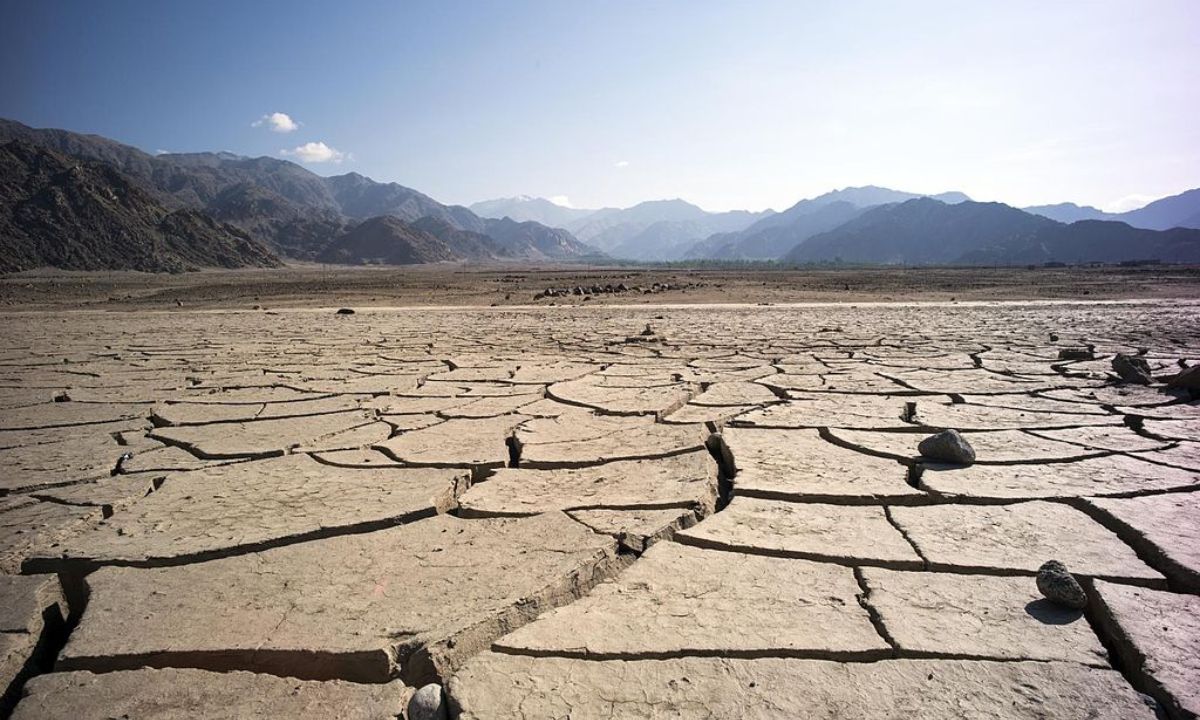In the middle of Nepal’s rainy season, districts like Bara and Parsa in the Terai are facing an unexpected water shortage. This growing crisis reflects deeper environmental issues—and calls for urgent, long-term action from all levels of government.
At a time when rainfall should be abundant, the ongoing water shortage in the Terai—especially in Bara and Parsa—has become a serious concern. This unusual situation during the heart of the monsoon points to a deeper problem: the visible effects of climate change.
Chure exploitation is at the root
The uncontrolled exploitation of Nepal’s Chure region by all levels of government has played a key role in worsening the water crisis. Despite warnings from environmental experts, little attention has been paid to the long-term impact of deforestation, riverbed mining, and poor land use in this fragile zone.
Lessons from other countries
While Nepal struggles to manage even basic water issues, neighboring countries like China and India are turning deserts green using advanced technology. Saudi Arabia, a desert nation without rivers, has successfully adopted high-tech farming and is even exporting wheat.
This highlights the contrast—how other nations are innovating to overcome natural limitations, while Nepal fails to solve even recurring problems due to mismanagement, political instability, and corruption.
Leaders are busy with power, not the people
Nepali leaders appear more focused on gaining and holding onto power than on addressing people’s problems. Bureaucracy remains inefficient, and citizens suffer the consequences. Corruption and inaction have turned even solvable issues into long-term suffering for the public.
Immediate action is appreciated, but more is needed
In the short term, the Chief Minister of Madhesh Province has taken steps to respond to the water crisis, which deserves appreciation. However, real solutions require coordinated, long-term efforts from all three levels of government—local, provincial, and federal.
Time to use natural and artificial ponds wisely
Madhesh Province has many natural and man-made ponds that could play a major role in water storage and flood control. These resources must be properly maintained and used. Efficient water management could help turn today’s crisis into an opportunity for sustainable development.




